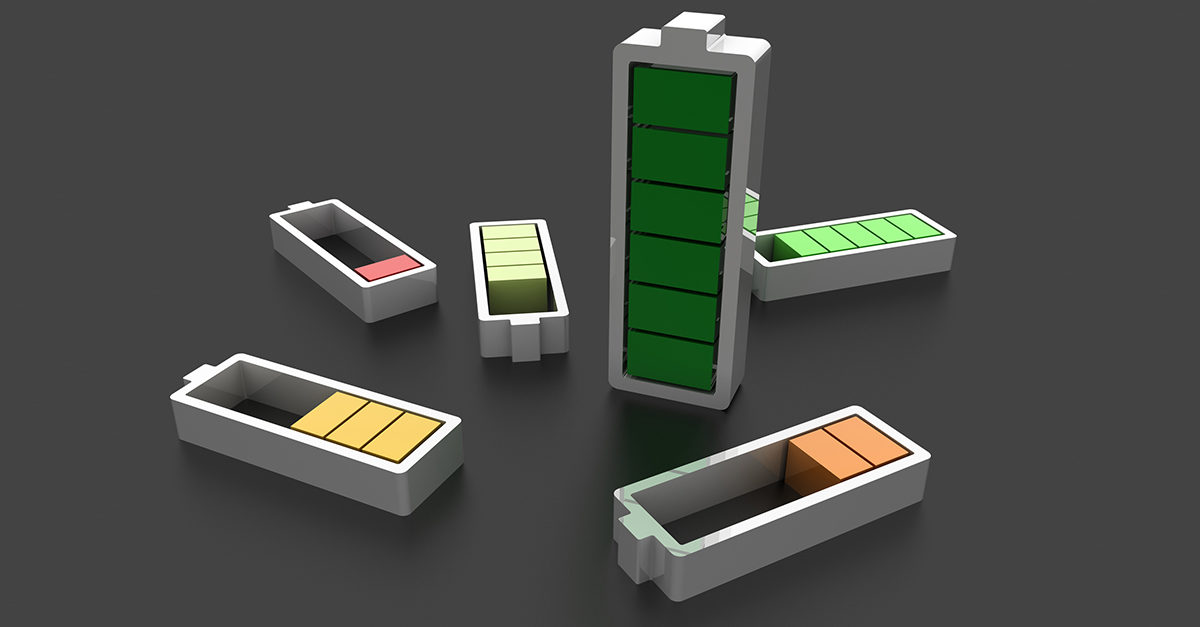Cords have long been a thing of the past. Battery-operated technologies are just the beginning of the cord-free world. Everything from our phones to industrial-sized cleaning equipment has gone cordless and will continue to operate as such.
As technology advances, batteries are becoming smaller, lighter, and more versatile. The result: machinery that can operate without a cord and is easy to use without extra weight or bulkiness.
Batteries are responsible for making large projects a breeze by easing the process. The ability to complete tasks without being bogged down by a pesky cord is priceless. So why jeopardize that freedom by not taking proper care of the batteries?
Wear and Tear
One of the simplest ways to ensure your equipment will do the best job that it can is by making sure the batteries are in good condition. Taking care of this advanced equipment is extremely important for maintaining the life of the machinery and getting the best use of it. Additionally, protecting the life of your batteries can help to get more use out of them and save money.
Batteries are not meant to work forever, but their lives can be extended if taken care of properly. Over time, certain parts of batteries corrode and weaken. It has even been proven that every time you recharge certain batteries, their storage capacity decreases. That is why maintaining the life that batteries do have is crucial. If maintained properly, batteries have the potential to function twice as long as usual.
Making Batteries Better
Although batteries are not at all a new technology, the versatility among batteries and improvements that have been made to them are massive. Tons of research has been done—and is still being done—to find ways to make batteries stronger and for longer periods of time. Through all the discoveries and advancements made regarding batteries, one thing has stayed consistent: the importance of maintenance. Here are nine tips for maintaining your equipment batteries:
- Keep batteries stored in a well-ventilated area.
- Do not store batteries in extremely hot or cold areas.
- Do not charge batteries in extremely hot or cold areas.
- Maintain the correct water levels if the battery is lead-acid or flooded.
- Use distilled water for lead-acid or flooded batteries.
- Clean batteries regularly with baking soda, water, and a wire brush.
- Use the batteries about every seven days.
- Charge batteries after every use.
- Leave batteries on a charger when not in use.
A Lifeline
If the batteries in your machinery are not functioning at their highest performance level, then it is safe to say that your machine is not functioning how it should be either. The batteries are essentially the lifeline of the equipment; they are powering and could potentially make or break the jobs they are performing.
When the machinery involved in a janitorial job is not functioning as effectively as it should be, the work takes longer and the job has the potential to get even dirtier. Not maintaining the battery life of your heavy machinery provides you with the perfect environment for machinery failure and possible business setbacks.



